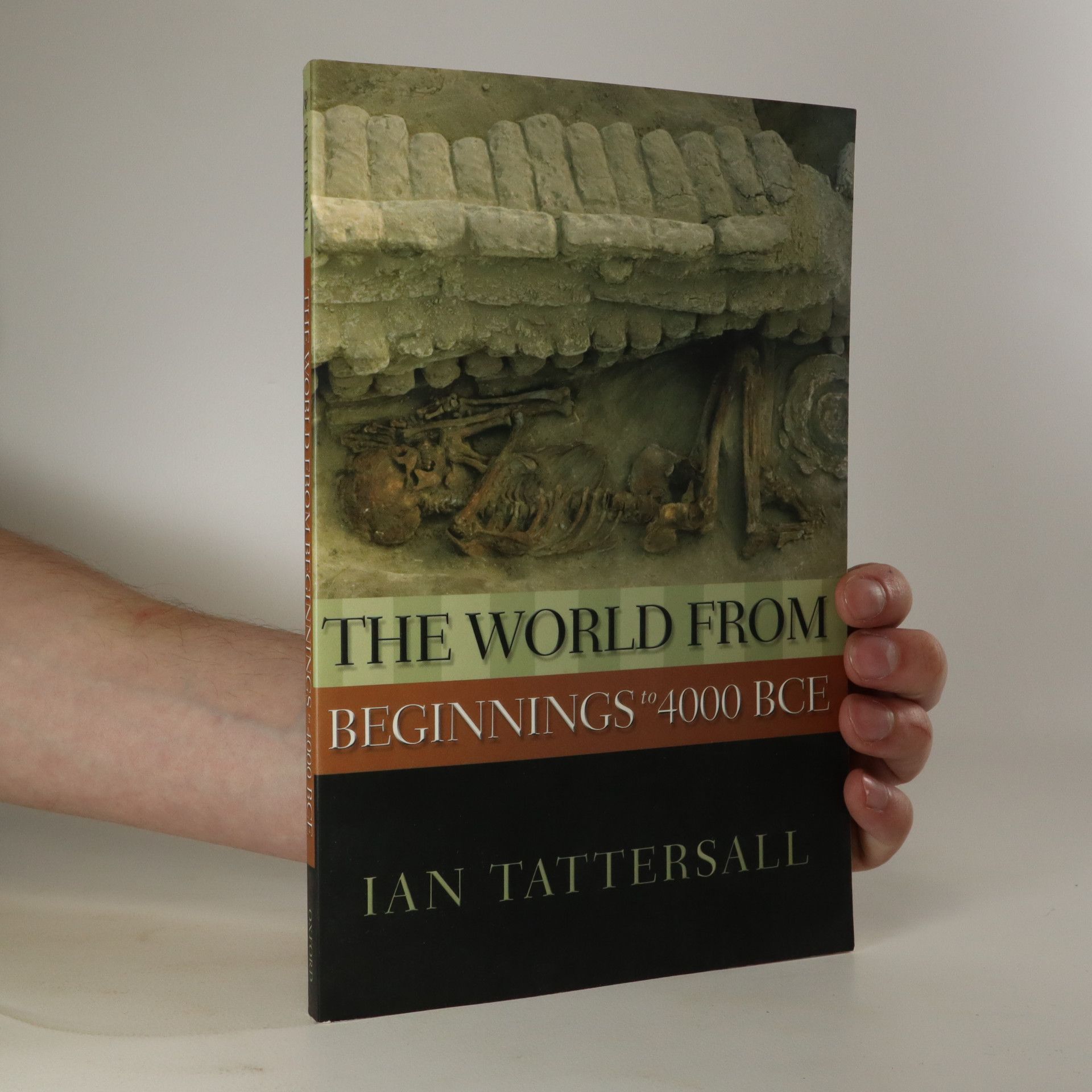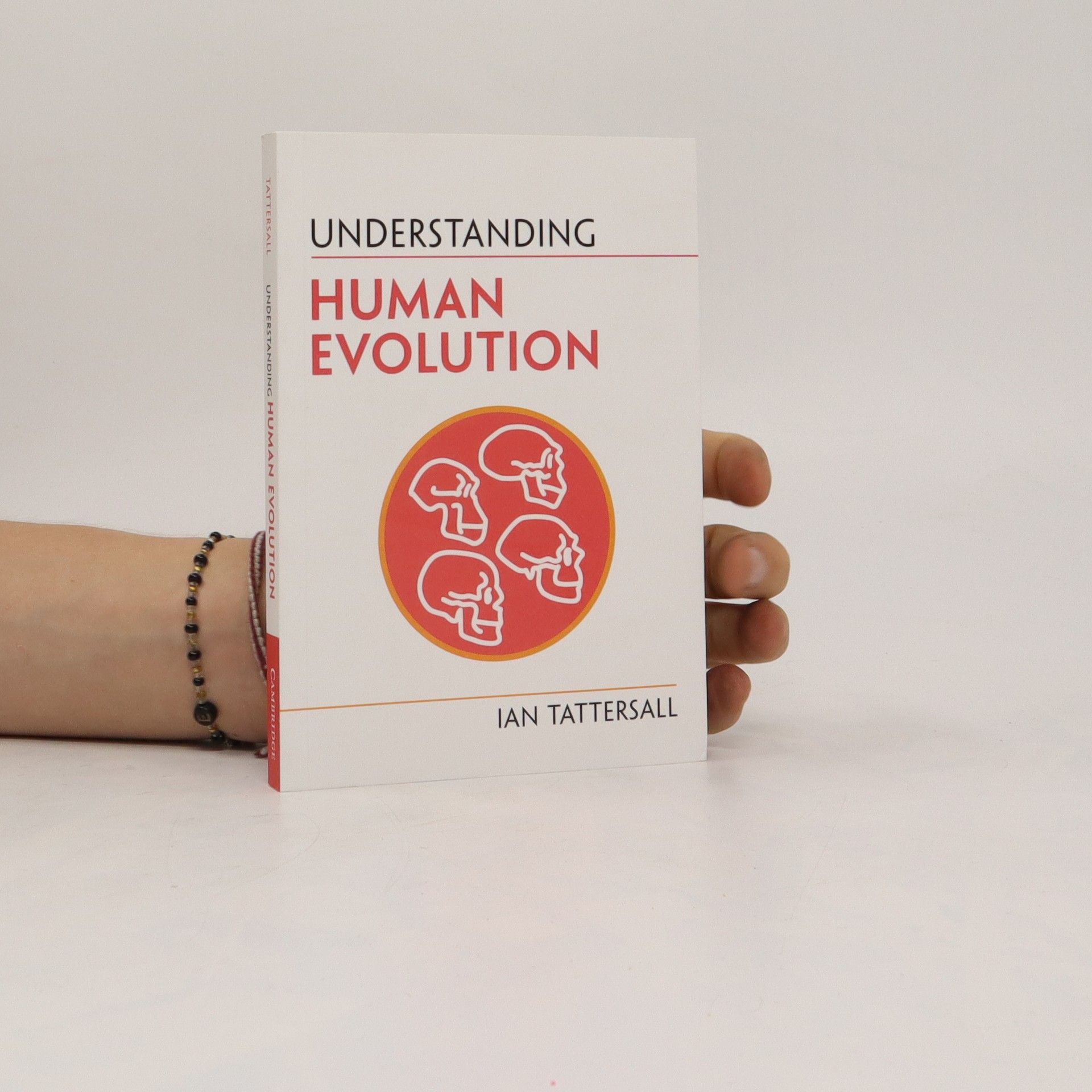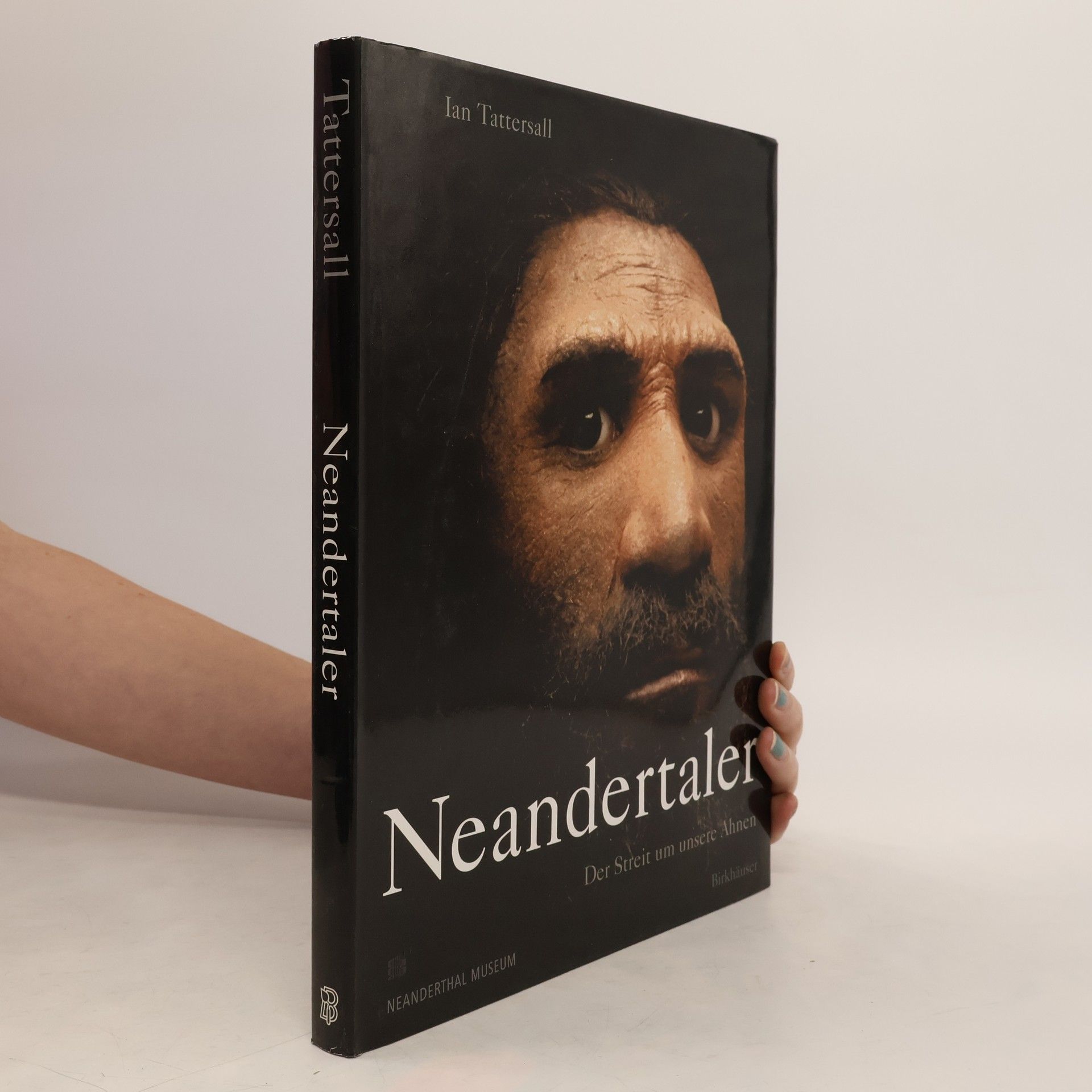Neandertaler
- 216 Seiten
- 8 Lesestunden
Die Entdeckung der Neandertaler vor rund 150 Jahren hat immer wieder fur aufgeregte Diskussionen in Archaologie und Anthropologie gesorgt. Die Fragen, welchen genetischen Beitrag sie zur Entwicklung des heutigen Menschen geleistet haben oder warum die Neandertaler letztendlich ausstarben, sind bis heute ungeklart. Dieser Streit in der Wissenschaft, die unterschiedlichen Interpretationen der Fossilien gestern und heute sowie die Evolution und Kultur des Neandertalers werden erstmalig vollstandig und mit attraktivem Bildmaterial dargestellt. In einem aktuellen Anhang des Neanderthal Museums wird uber die spektatkularen Neufunde im Neandertal und von anderen Orten Deutschlands berichtet."






